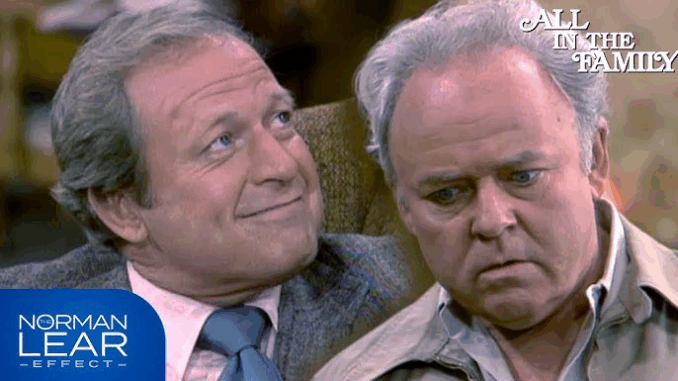
As Archie Bunker, Carroll O’Connor shocked, entertained, and challenged audiences — creating one of the most complex and iconic characters in TV history. But behind the gruff exterior was a thoughtful, talented actor whose legacy still shapes how stories are told on screen today.
From Stage to Screen: The Rise of Carroll O’Connor
Born in 1924 in the Bronx, New York, Carroll O’Connor started as a stage actor, honing his craft in theater before transitioning to television and film. His early work included roles in Cleopatra, In Harm’s Way, and Point Blank, but it wasn’t until 1971 that he found the role that would define his career — Archie Bunker.
Archie Bunker: TV’s Most Controversial Character
Archie Bunker was brash, bigoted, and stubborn — but also deeply human. Under O’Connor’s skilled performance, the character became more than just a reflection of ignorance; he was a complex portrayal of a generation grappling with change.
O’Connor didn’t shy away from controversial material. In fact, he often pushed for the show to tackle real social issues — racism, sexism, classism — through Archie’s flawed but strangely relatable perspective. Despite (or because of) his offensive views, Archie forced viewers to think critically and reflect on society’s deep divisions.
The Actor vs. the Character
In real life, Carroll O’Connor was almost the opposite of Archie Bunker. A progressive thinker and advocate for social justice, he often used his platform to support civil rights causes. He spoke out against censorship and fought to keep important storylines intact, even when facing backlash.
O’Connor’s ability to portray a character he so fundamentally disagreed with is a testament to his talent. He didn’t play Archie to glorify him — he played him to expose uncomfortable truths in America’s living rooms.
Life After All in the Family
After the show ended in 1979, O’Connor continued playing Archie in Archie Bunker’s Place and later found success as Chief Bill Gillespie in In the Heat of the Night. This role allowed him to reinvent himself as a stern but fair Southern police chief, tackling racism and crime in a completely different light.
Tragically, Carroll O’Connor also became an advocate for mental health and substance abuse awareness after the loss of his son Hugh to suicide in 1995. He fought for legislation supporting prescription disclosure laws, using his pain to push for change.
Legacy and Honors
O’Connor won four Emmy Awards for his portrayal of Archie Bunker and was inducted into the Television Hall of Fame. In 2001, he passed away at age 76 — but his influence lives on. Archie Bunker is still frequently cited as one of the greatest characters in TV history, and Carroll O’Connor remains a symbol of how acting can challenge, provoke, and elevate public discourse.
